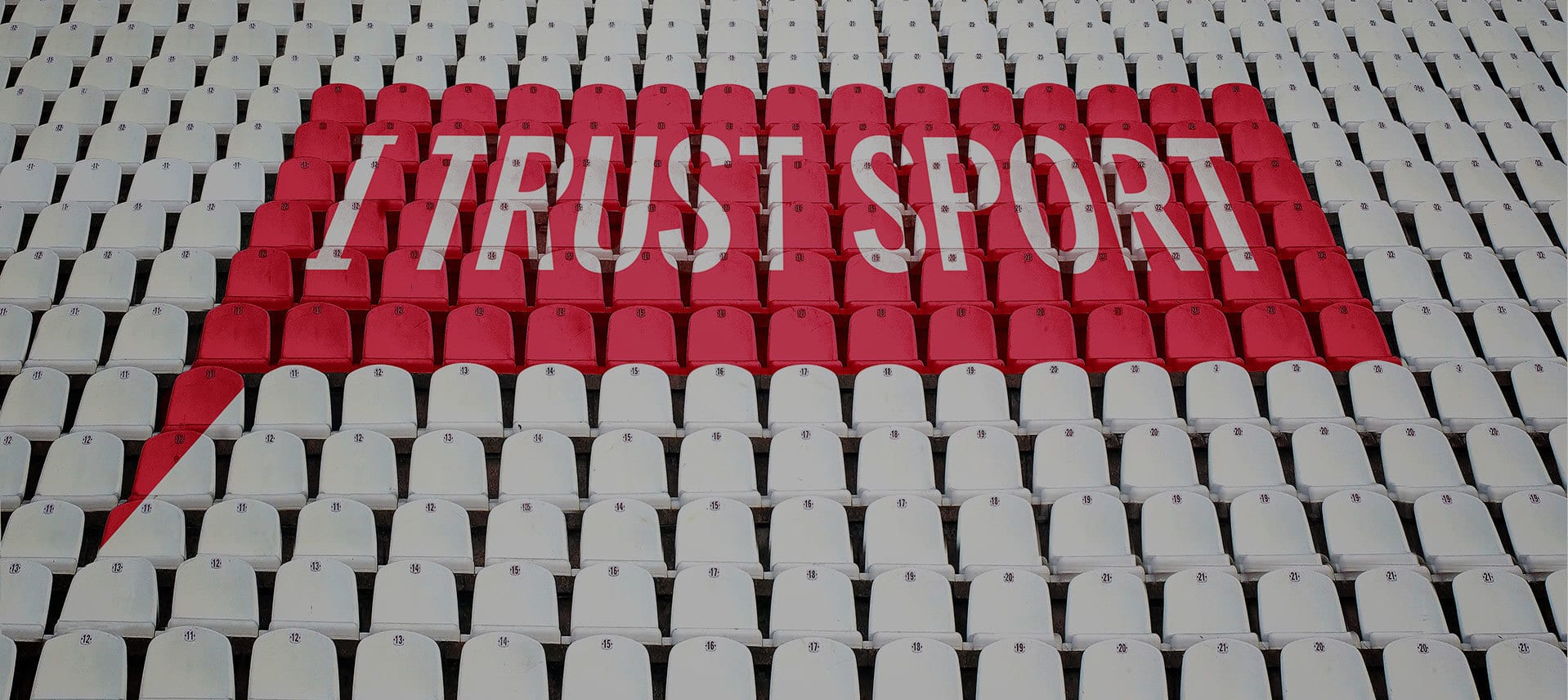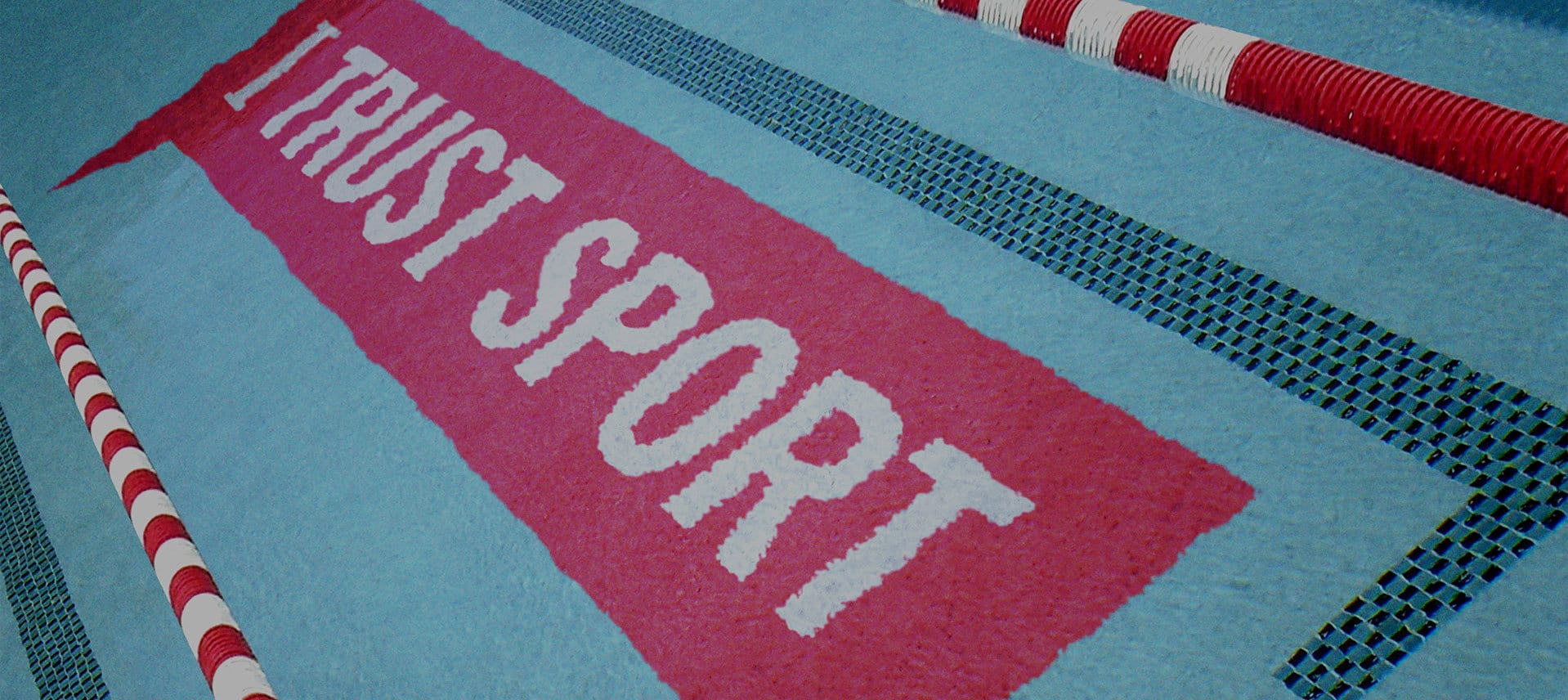What is the issue?
Sport shares in the responsibility for reducing carbon emissions. As the world heats up more and more organisations have recognised the need to be more sustainable in line with the 2015 Paris Climate Agreement and 2021 Glasgow Climate Pact.
The goal of the Paris agreement was to limit global warming to below 2 degrees Centigrade. The Glasgow deal fell short of its target of pledges to limit temperature rises to 1.5 degrees. To achieve long-term temperature goals, countries aim to reach global peaking of greenhouse gas emissions within a few years to achieve a climate neutral world by mid-century.
Sport is considered to be part-problem, part-solution. It’s a problem because the organisation of large-scale sporting events emits greenhouse gases, they use water and energy and often thousands of people travel to a venue.
Yet sport also potentially provides a platform to raise awareness of climate change and stakeholders increasingly scrutinise governing bodies, event hosts, leagues, clubs and athletes about their environmental sustainability credentials.
This means that in the future competitions, tournaments, stadia, teams and so on will be expected to be carbon neutral, either through environmentally-friendly practices or offsetting carbon emissions.
What impact is climate change having on sport?
Extreme weather conditions have accelerated the need for action. All around the world, sports are being affected. To pick just a few examples:
The warmest weather on record in the Cypress Mountains meant the 2010 Vancouver Winter Olympics saw a shortage of snow. A 2020 report found that more than half of Winter Olympic host cities would not be able to stage Games in 30 years.
The Royal and Ancient Golf Club (R&A), a leading body within golf, has warned that wetter winters and coastal erosion threaten the future of golf.
The British Association for Sustainable Sport has produced a report highlighting the risk to cricket. Another report – Game Changer – states the risks to UK sports and the Winter Olympics.
What is being done?
The International Olympic Committee (IOC) put sport and climate responsibility at the core of its Olympic Agenda 2020+5, the roadmap which determines the direction of the IOC and Olympic movement until 2025.
It named ‘the urgency of achieving sustainable development’ as one of five key trends. And on that basis the organisation made two specific recommendations.
- Foster Sustainable Olympic Games
- Strengthen the role of sport as an important enabler for the UN Sustainable Development Goals
As part of its efforts to address climate change, the IOC committed to reduce its direct and indirect carbon emissions by 50 per cent by 2030, in line with the Paris Agreement and responding to the latest science on climate change.
The UN Sustainable Development Goals (UNSDGs) are high-level goals that all UN Member States adopted in 2015 as a universal call to action to end poverty, protect the planet and ensure that “all people enjoy peace and prosperity by 2030”. As well as the IOC, UEFA has supported the project and some of the world’s biggest football clubs have “identified with and are driving sustainable development goals”. Many international federations have linked sustainability strategies, and indeed overarching organisational strategies, to UNSDGs
The IOC, which says it is carbon neutral, aims to become climate positive by 2024.
In March 2020, the IOC took the decision to make the Olympic Games climate positive. From 2030 onwards, each Organising Committee for the Olympic Games (OCOG) will be contractually obliged to minimise and compensate its direct and indirect carbon emissions to be climate positive and implement lasting zero-carbon solutions for the Olympic Games and beyond.
All upcoming Olympic Games have committed to carbon neutrality, with Paris 2024 aiming to become the first climate-positive Games even before the 2030 deadline.
Individual sports organisations are increasingly under pressure to show they are taking environmental sustainability seriously. It is considered responsible behaviour for organisations to measure carbon footprints for the institution itself and their events.
The second step is to tackle the Scope 1 and 2 emissions which arise from that carbon footprint analysis. Scope 1 and 2 are, respectively, classed as direct emissions, plus indirect emissions purchased from energy. They are relatively straightforward for an organisation to reduce and are simple ways to make an immediate impact and help raise awareness.
However, Scope 1 and 2 emissions may make up little more than ten per cent of a sport organisation’s emissions. The vast majority tends to be from Scope 3, which is classed as indirect value chain emissions. This where fan travel and competition related travel sits. A FIFA World Cup, for example, probably has one of the biggest Scope 3 emissions in sport. Julie Duffus, IOC Senior Sustainability Manager, told the Sport Positive conference in 2022, that organisations need to map Scope 3 emissions. “Scope 3 is scary and every time we think we’ve sorted it we get another supplier and we have to start again.”
And how is it being done?
There are a number of organisations or projects/campaigns which sports bodies are collaborating with or signing up to, most of them in alignment with the United Nations Framework Convention on Climate Change (UNFCCC). Three of the more significant frameworks are the United Nations Sports for Climate Action, the Race to Zero and ISO20121.
Sports for Climate Action Framework
Hundreds of sports organisations have committed to aligning sport with the goals of the Paris Agreement under this UN campaign. They include the IOC, FIFA, World Rowing, the English Premier League and Athletics Kenya. Organisations are now being challenged to reduce emissions by 50 per cent by 2030 at the latest and to achieve net-zero emissions by 2040.
The Framework has five principles.
- Undertake systematic efforts to promote greater environmental responsibility
- Reduce overall climate impact
- Educate for climate action
- Promote sustainable and responsible consumption
- Advocate for climate action through communication
Members are ‘invited’ commit to targets. If they do so they will be able to join the Race to Zero campaign.
Race to Zero is the challenge set by the Sports for Climate Action Framework. It is a coalition of leading net zero initiatives, representing cities, regions, businesses, investors and Higher Education Institutions. It has almost 8,000 members and shares the five principles of the Sports for Climate Action Framework. Its two main objectives are:
- Achieving a clear trajectory for the global sports community to combat climate change
- Using sports as a unifying tool to drive climate awareness and action
ISO 20121 is a voluntary and rigorous international standard for events, venues or providers. It was developed by an international panel for the London 2012 Olympic and Paralympic Games, in order to ‘standardise a management system approach to sustainability’. It provides a framework for understanding social, economic and environmental impacts. ISO 20121 can be used for commercial growth insofar that organisations can claim ‘sustainability’ to boost economic returns and win new business. It is oriented towards assisting commercial success. The IOC considers it as the preferred certification scheme.
I Trust Sport has done extensive research on the mapping of these three frameworks and what the consequences and challenges are for sport. You can read the paper here
Other useful links to projects, programmes and frameworks include:
British Association for Sustainable Sport. Aims to educate, influence and encourage. Guiding sports bodies/clubs to do more. Members include England and Wales Cricket Board, Rugby Football Union and British Cycling. It has published an informative ten-point plan.
Athlete collective to raise awareness, pressure governments.
Fan-led organisation working to build a more sustainable culture in the sport.
Global Sustainability Benchmark in Sports
Rating and benchmarking organisations and stakeholders
Evaluating sustainability in sports organisations
Aimed to support International Sports Federations (IFs) and the National Olympic Committees (NOCs) in recognition of climate action.
The broadcaster is partnering with Premier League football clubs, and other sports it covers, including Formula One and Sail GP. It collaborated with Tottenham Hotspur and Chelsea to stage the first major carbon zero football match in September 2021 called Game Zero.
Sport Environment and Climate Coalition
UK Sport and Sport England are signatories to a campaign reduce environmental impact. Includes roadmap to net zero.
Summit-hosting organisation. Brings together stakeholders in collaboration with UNFCCC Global Climate Action and the IOC
Sport England has produced sustainability guidance for event hosts and organisations.
Digital news and analysis website which helps sports organisations become environmentally responsible businesses. Has an agreement with Real Betis. In 2020, The
Is sport serious?
With climate action in sport a relatively new ‘trend’, the media are eager to highlight areas of contradiction. For example, Manchester United were criticised for taking a ten-minute flight to Leicester for a match in October 2021. Leeds United were criticised for a 17-minute flight to Norwich in November the same year.
The carbon footprint for the 2020 UEFA EURO was called into question with the tournament held in 11 different countries. UEFA said emissions were offset.
FIFA’s proposal for a men’s World Cup every two years would appear to be at odds with climate concerns and they were criticised for claims about carbon offsetting at the 2022 World Cup in Qatar.
There have been at least two academic studies of interest into holding organisations to account in relation to the UN’s goals. Swinburne University of Technology in Australia and the Commonwealth Secretariat have explored the extent to which current national sport policies align to the goals.
The Commonwealth Secretariat and the University of the South Pacific have mapped existing data to the sport and SDG indicators in Fiji and Samoa.
There are also potential contradictions between environmental sustainability and the tendency for the largest sports events to have ‘new build’ legacy plans. A focus on sustainability objectives is likely to mean more emphasis on reuse and recycling rather than new construction.
I Trust Sport View
Clearly climate change poses significant threats to sport in a number of ways. While risks such as match manipulation, doping and poor governance impact on the integrity of sport, climate change can directly prevent some sports activities from taking place. In addition, changing public expectations about acting responsibly may render the usual way in which some sports organisations have operated as no longer acceptable.
In the not-too-distant future, sports organisations may well require control mechanisms specific to environmental sustainability. Example actions include:
- Organisations to sign up to the Sports for Climate Action Framework or similar
- Regulation/assessment for sustainability linked to funding
- Carbon offsetting a minimum requirement for governing bodies, events
- Requirements to integrate sustainability performance into bidding, planning and staging
- Increased support from international federations to members for sustainable projects at national level
- The ‘most’ environmentally sustainable ‘sport models’ to be favoured in bidding rights contests
- Events to invest in green technology and temporary infrastructure
- Difficult decisions about limiting spectator and athlete travel
- Stakeholders –notably sponsors – to reward sustainability
See also the I Trust Sport Resources page
Updated January 2023

